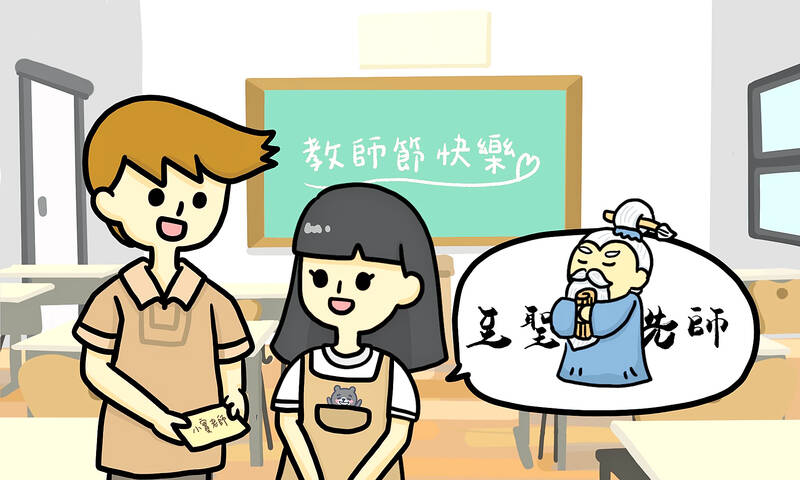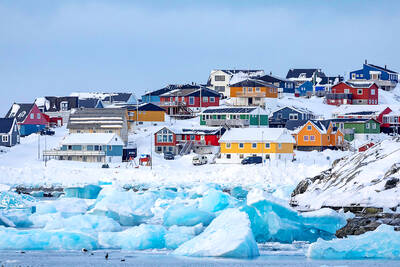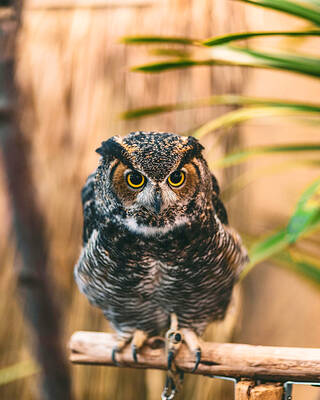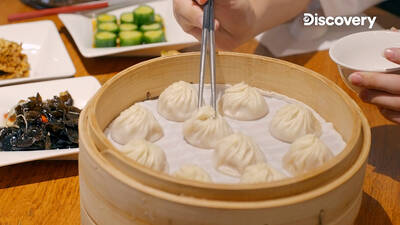對話 Dialogue
馬克:小實,這張卡片給你,祝你「教師節快樂」!

Mǎkè: Xiǎoshí, zhè zhāng kǎpiàn gěi nǐ, zhù nǐ “jiàoshī jié kuàilè!”
小實:咦?是給我的嗎?可是我不是你的老師啊!
Xiǎoshí: Yí? Shì gěi wǒ de ma? Kěshì wǒ búshì nǐ de lǎoshī a!
馬克:你教了我很多中文,所以你是我的中文老師。
Mǎkè: Nǐ jiāole wǒ hěnduō Zhōngwén, suǒyǐ nǐ shì wǒ de Zhōngwén lǎoshī.
小實:謝謝你這麼貼心!你怎麼知道教師節快到了?
Xiǎoshí: Xièxie nǐ zhème tiēxīn! Nǐ zěnme zhīdào jiàoshī jié kuài dào le?
馬克:是我的朋友告訴我的,他說九月二十八號是孔子的生日。
Mǎkè: Shì wǒ de péngyǒu gàosù wǒ de, tā shuō jiǔ yuè èrshíbā hào shì Kǒngzǐ de shēngrì.
小實:嗯,這是一種常見的說法。對了!美國也有教師節嗎?
Xiǎoshí: En, zhè shì yìzhǒng chángjiàn de shuōfǎ. Duìle! Měiguó yěyǒu jiàoshī jié ma?
馬克:有啊!美國的教師節在五月。
Mǎkè: Yǒu a! Měiguó de jiàoshī jié zài wǔ yuè.
小實:好,那我到時候也要好好感謝你常常教我英文。
Xiǎoshí: Hǎo, nà wǒ dào shíhòu yě yào hǎohǎo gǎnxiè nǐ chángcháng jiāo wǒ Yīngwén.
翻譯 Translation
Mark: Xiaoshi, this card is for you. “Happy Teachers’ Day!”
Xiaoshi: Huh...? Is it for me? But I am not your teacher!
Mark: You taught me a lot of Chinese, so you are my Chinese teacher.
Xiaoshi: Thank you for being so considerate! How do you know Teachers’ Day is coming?
Mark: My friend told me that Sept. 28 is Confucius’ birthday.
Xiaoshi: Well, this is a common saying. Oh, by the way, is there a Teachers’ Day in the US?
Mark: Yes! Teachers’ Day in the US falls in May.
Xiaoshi: OK, then I will also thank you for teaching me English.
單字片語 Vocabulary
1. 教師節 (jiàoshī jié) Teachers’ Day
2. 咦 (yí) huh
3. 貼心 (tiēxīn) to be thoughtful, considerate
4. 孔子 (Kǒngzǐ) Confucius
5. 常見 (chángjiàn) common
6. 說法 (shuōfǎ) statement, way of saying a story
7. 到時候 (dào shíhòu) by the time, then
8. 感謝 (gǎnxiè) grateful
教材音檔 Audio Files
教材影片 Video Files:
https://www.instagram.com/celc.nou_tw/guide/_/17999106352646292/
實踐大學華語中心提供
By Shih Chien University Chinese Language Center: https://chineseusc.com/

US President Donald Trump has renewed his ambition to take control of Greenland for national security reasons and questioned whether Denmark has any legal right to the Arctic island. The debate has revived scrutiny of how Greenland became part of Denmark, its current self-rule and path to independence, and Washington’s military footprint. HOW DID DENMARK GET GREENLAND? Greenland was inhabited by Inuit peoples from Asia and North America intermittently from around 2,500 BC. Around 985 AD, Vikings led by Erik the Red settled in southern Greenland, farming and building churches. Around the same time, ancestors of today’s Inuit arrived, living as hunters

Owls have long fascinated people with their distinctive appearance and mysterious habits. These nocturnal birds possess large, round eyes and a flat facial disc. Their feathers come in shades of brown, gray, or white, helping them blend easily into the darkness. The most remarkable trait of owls is that they can turn their heads without damaging blood vessels. Contrary to popular belief, they can only rotate their heads up to 270 degrees, not 360 degrees. Owls have 14 cervical vertebrae, which is twice as many as humans. This special physical structure compensates for their inability to move their eyes within their

AI-generated summaries are shaking up the media world. Tools like Google’s AI Overviews now provide users with direct answers above the search results, resulting in fewer people clicking on news links. For publishers who rely on that traffic to generate advertising revenue, this shift is hitting hard. The fallout is measurable. Many sites have seen a sharp drop in traffic since AI summary features rolled out. An analysis revealed that a news outlet that had once ranked first on Google lost up to 79% of its traffic when its link appeared beneath an AI-generated summary. Statistics also show that

A: Bloomberg just released its annual travel guide, titled “25 Best Places to Travel in 2026.” What were the best Asian destinations? B: There were actually six Asian hotspots: Taiwan’s Taipei, Malaysia’s Penang, Kazakhstan’s Almaty, Indonesia’s Rote Island, India’s Tiger Reserves, and Oman. A: With its mix of traditional food and modern cuisine, Taipei has become a rising food capital in Asia. B: As Bloomberg reported, “Taiwan is a place that bubbles up in culinary conversation because of its famed beverage, bubble tea, and its early adoption of modern night markets.” A: And Din Tai Fung has now